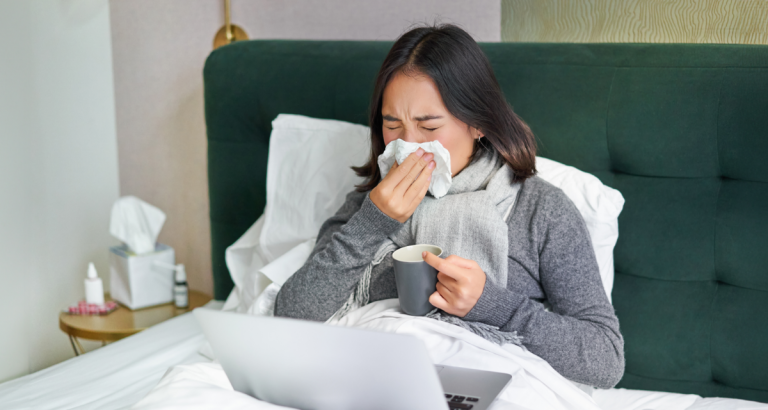CONTACT US: 0919 058 5858 | 02 899 51920
CONTACT US:
0919 058 5858 | 02 899 51920
Every year, typically from June to November, the skies turn gray and the clouds unleash rain, a time when Filipinos brace themselves for the monsoon, a.k.a. “Habagat”. During the rainy season, even though droughts are over, the rain also brings health risks.
Albert, 45 years old, a resident of a small coastal town in Cavite, often shares challenges that he and his family face during the rainy season. He recalls his family’s ordeal when the recent typhoon brought incessant rainfall. The heavy downpour and high tide brought serious flooding, damaging homes, vehicles, and personal property.
Aside from material losses, the flooding also gave rise to health concerns. His two kids experienced fever and diarrhea, common health issues during this time. The threat of dengue is usually high during the rainy season because of stagnant water that can become a breeding ground for mosquitoes.
To prevent this health risk, Albert did a thorough cleaning after the flood subsided and applied mosquito repellant diligently on the kids. He also boiled their drinking water to prevent the recurrence of diarrhea. With the rainy season in progress, Filipinos are encouraged to take extra precautions and do measures to boost their immune system.



Easy access health plan options for the Filipino community.
We know finding the right healthcare plan can be a complex and confusing task.
Our health plan specialists are always here to help 24/7.
Got more questions?